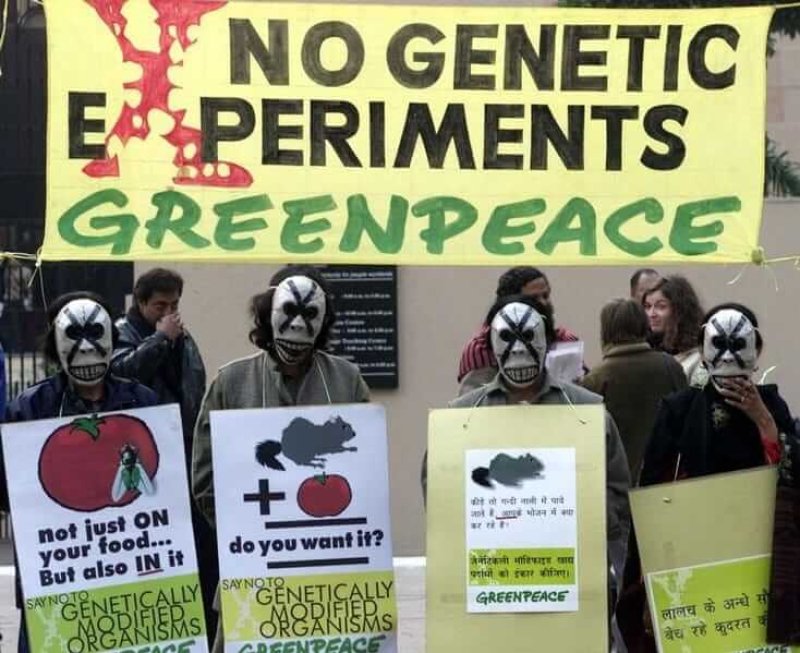Most of the issues raised in available literature against GMOs on the grounds of health and environmental risks, and national food sovereignty concerns are overhyped, speculative and fear-mongering.
Public interest and safety will be better assured and safeguarded if GMOs proponents and opponents reached consensus on standardization regarding tolerable level of harm and acceptable safety limit in interpreting impact assessment results of GMOs on health and environment.
Regarding the argument of threat to food sovereignty, many anti-GM activists have vehemently argued against the patents regimes governing GM seeds, describing it as an attempt to control global food production by few corporations with the tendency of creating a situation where resource poor farmers will have to perpetually depend on biotech companies for their seeds.
But the fact that other conventional bred seeds also have patents and protected by intellectual property rights, takes the argument of patents regime creating corporate control of the global market with consequence on national food sovereignty out of the GM debate.
Therefore, the debate on whether or not these patents should exist in the first place is outside the scope of the GMO discussion and should be directed towards how best to attract and safeguard the huge investment required in producing successful GM seed.































